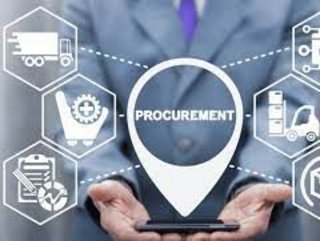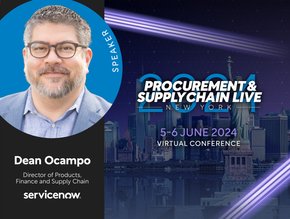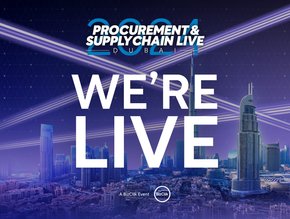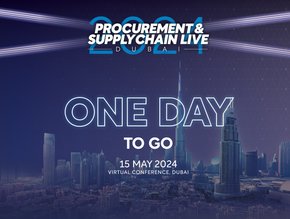
What is Procurement?
Procurement refers to the process of acquiring goods, services, or works from external sources to fulfill the needs of an organization. It involves activities such as sourcing suppliers, negotiating contracts, purchasing goods, and managing supplier relationships. The primary goal of procurement is to obtain the right goods or services, in the right quantity, at the right price, and at the right time.
The procurement process typically includes the following steps:
Identifying Needs: The organization determines its requirements and identifies the goods or services that need to be procured.
Supplier Selection: Potential suppliers are identified and evaluated based on various criteria such as price, quality, reliability, delivery time, and past performance.
Request for Proposals (RFP) or Quotations: The organization may issue an RFP or request for quotations to invite suppliers to submit their proposals or quotes, detailing their offerings and terms.
Evaluation and Negotiation: The received proposals or quotes are evaluated, and negotiations may take place with shortlisted suppliers to determine the final terms and conditions.
Contracting: Once a supplier is selected, a contract is formalized, which outlines the rights, obligations, and responsibilities of both parties.
Purchase Order: A purchase order is issued to the selected supplier, specifying the details of the goods or services to be delivered, including quantities, delivery dates, and payment terms.
Receipt and Inspection: Upon delivery, the organization verifies the received goods or services against the purchase order and performs inspections to ensure they meet the specified requirements.
Invoicing and Payment: The supplier submits an invoice based on the agreed payment terms, and the organization processes the payment accordingly.
Supplier Performance Evaluation: The organization assesses the supplier's performance based on factors like quality, timeliness, and customer service to maintain a healthy supplier relationship.
Efficient procurement practices can help organizations optimize costs, improve operational efficiency, mitigate risks, and ensure a reliable supply chain. Procurement can vary in complexity depending on the organization's size, industry, and specific requirements. Many organizations have dedicated procurement departments or professionals responsible for managing the procurement process and developing strategic sourcing strategies.
For a wider read, take a look at Procurement Magazine, Supply Chain Digital and Sustainability Magazine which all provide differing insights of Procurement.






